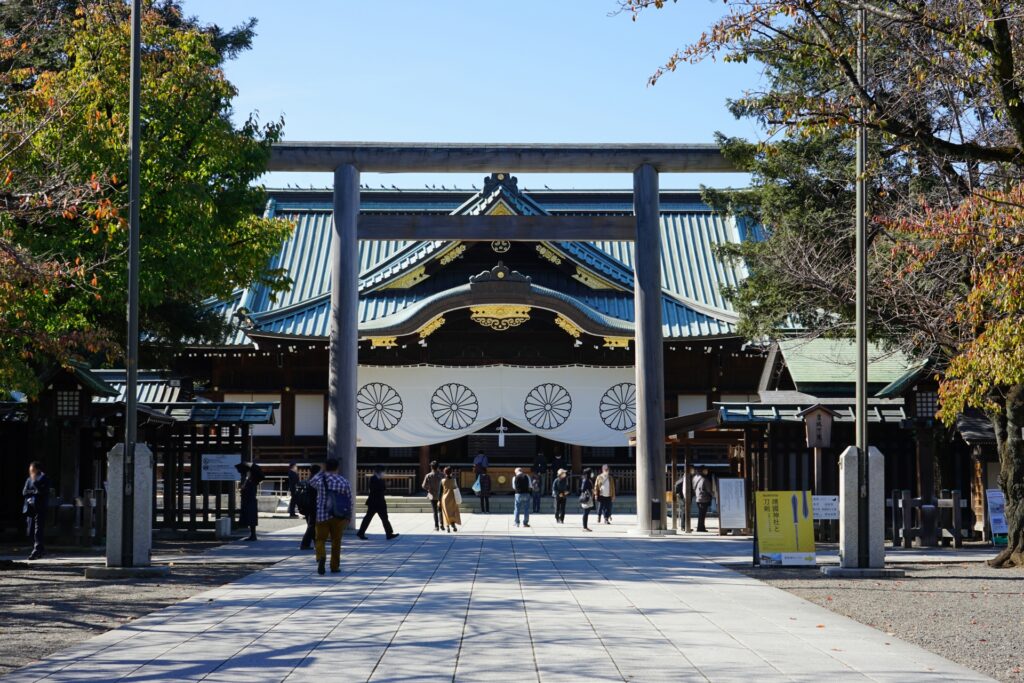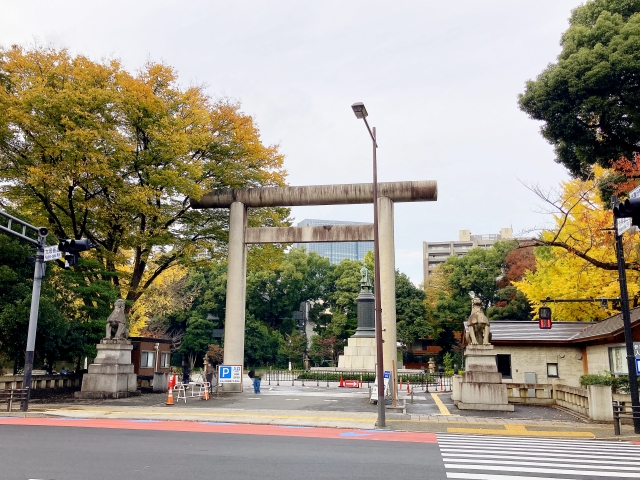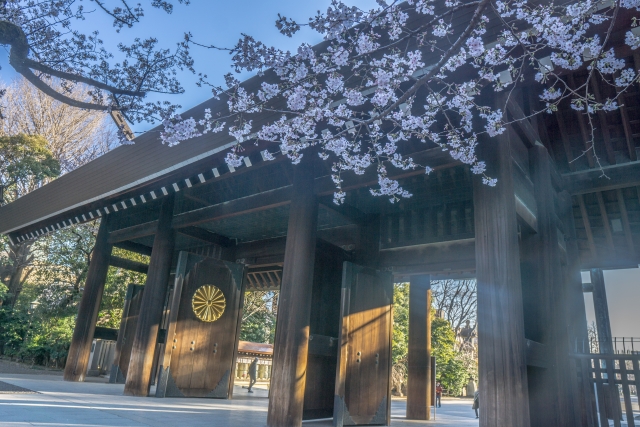
Yasukuni Shrine is a Shinto shrine located in Chiyoda, Tokyo, Japan. It was established in 1869 and is dedicated to the spirits of those who died in service of the Emperor of Japan, including those who died in wars.
The shrine has become a controversial symbol in Japanese history, as it honors 14 Class-A war criminals, who were convicted and executed by the Allied forces after World War II. This has led to criticism from other countries, especially from neighboring countries who suffered greatly from Japanese aggression during the war.
Despite its controversial history, Yasukuni Shrine remains a place of pilgrimage for many Japanese who view it as a symbol of their country’s history and heritage. The shrine is surrounded by a beautiful garden and visitors can take in the traditional architecture and tranquil atmosphere.
In addition to the main shrine, Yasukuni Shrine also has a museum which is dedicated to the history of the shrine and its role in Japan’s modern history. The museum contains a large collection of historical artifacts, including weapons and clothing, as well as photographs and documents related to the Japanese military and its wars.
Overall, Yasukuni Shrine is an important and complex part of Japanese history, and a visit to this shrine provides an opportunity to learn about Japan’s modern history and its role in the world. However, it is important to understand the controversial aspects of the shrine and to approach it with sensitivity and respect.

